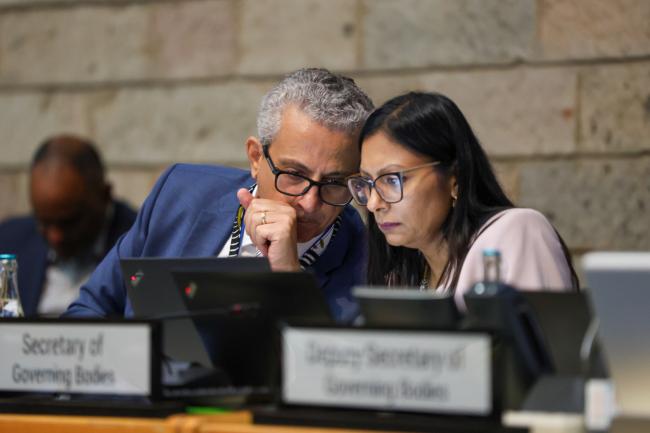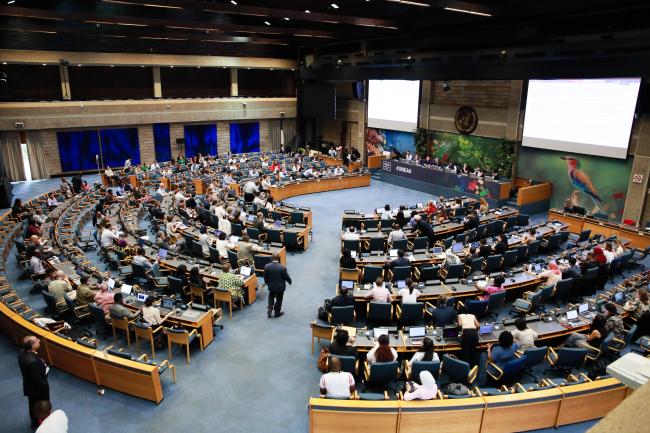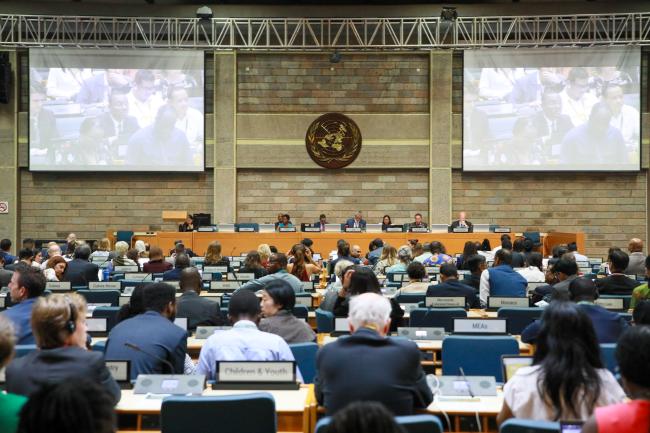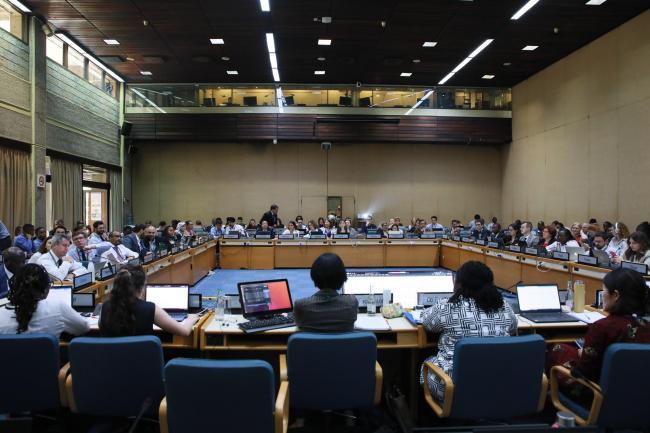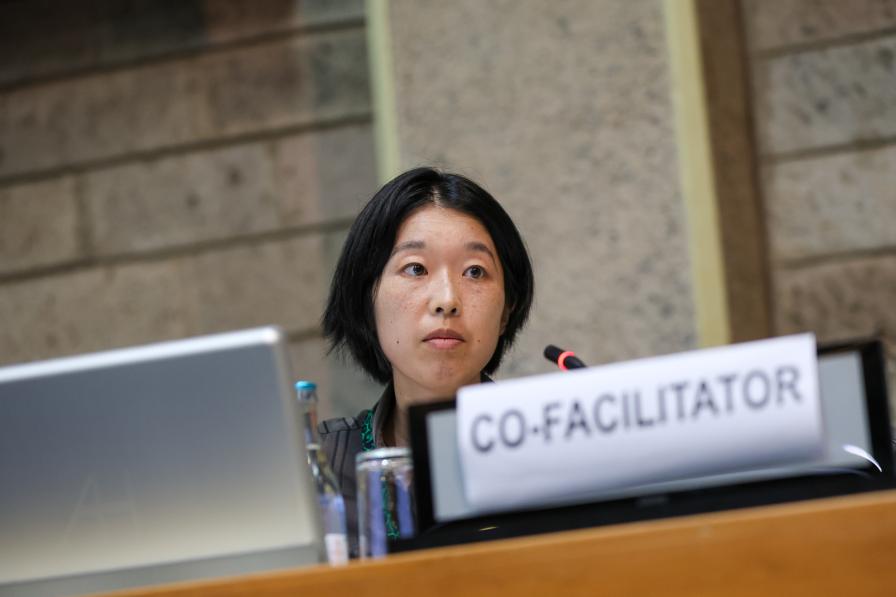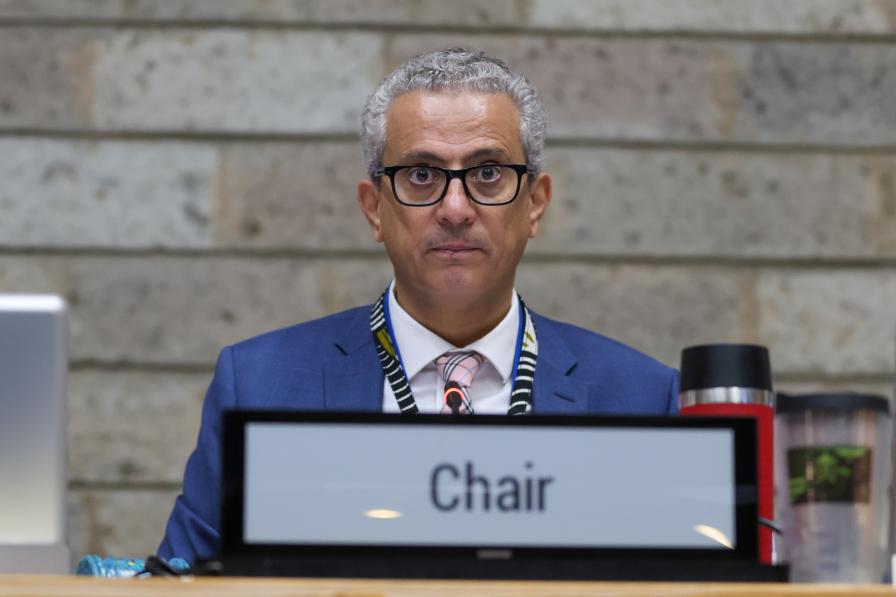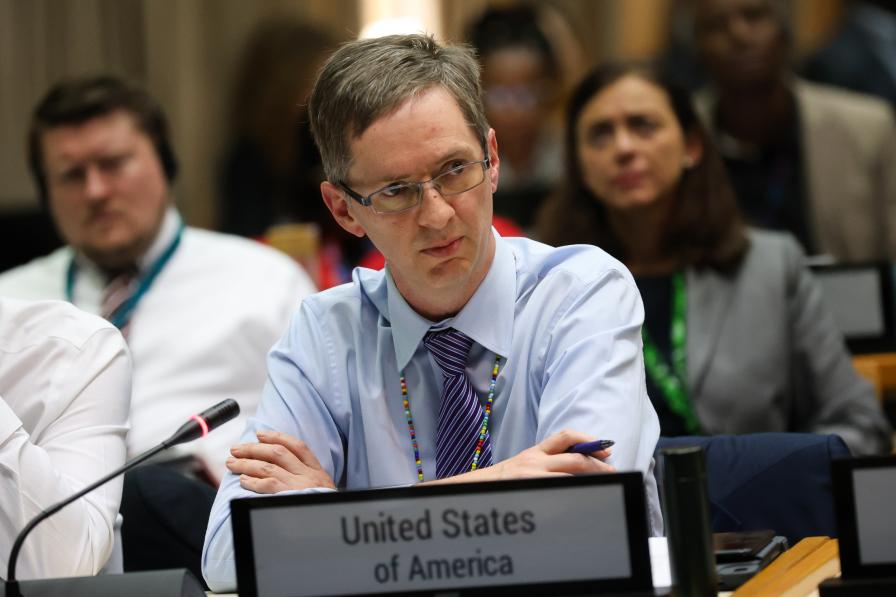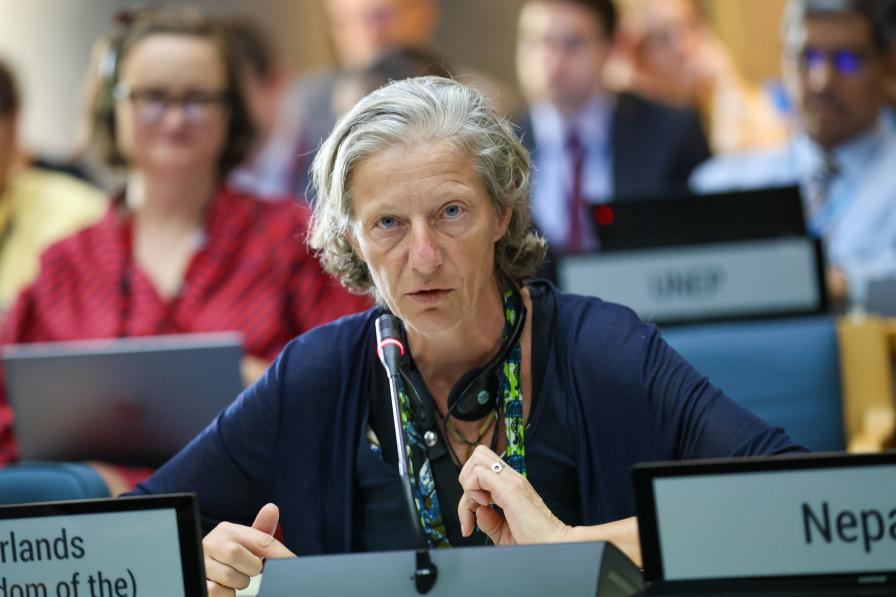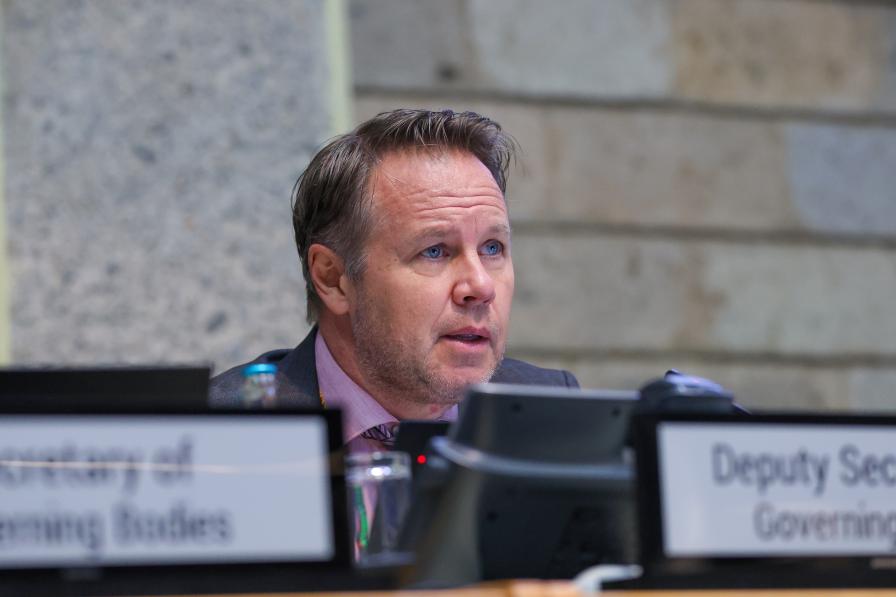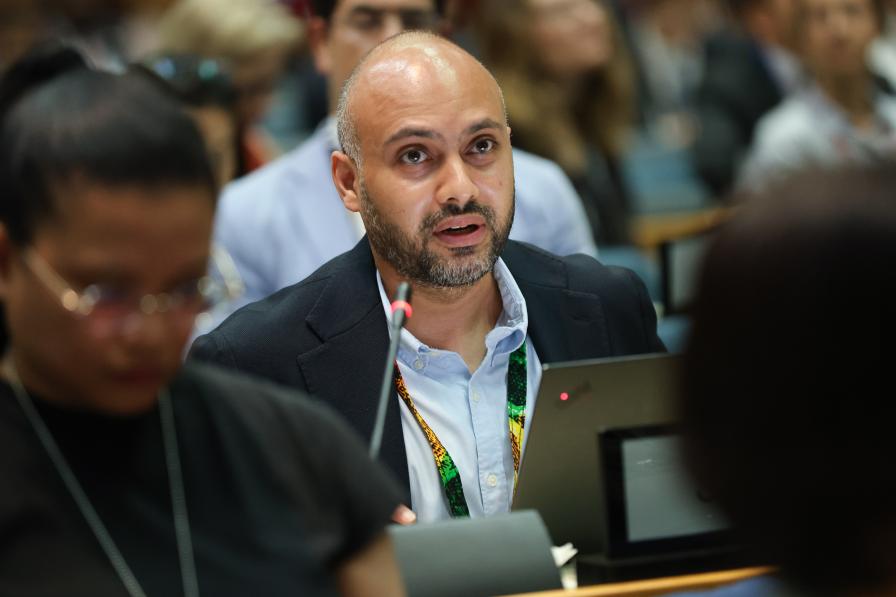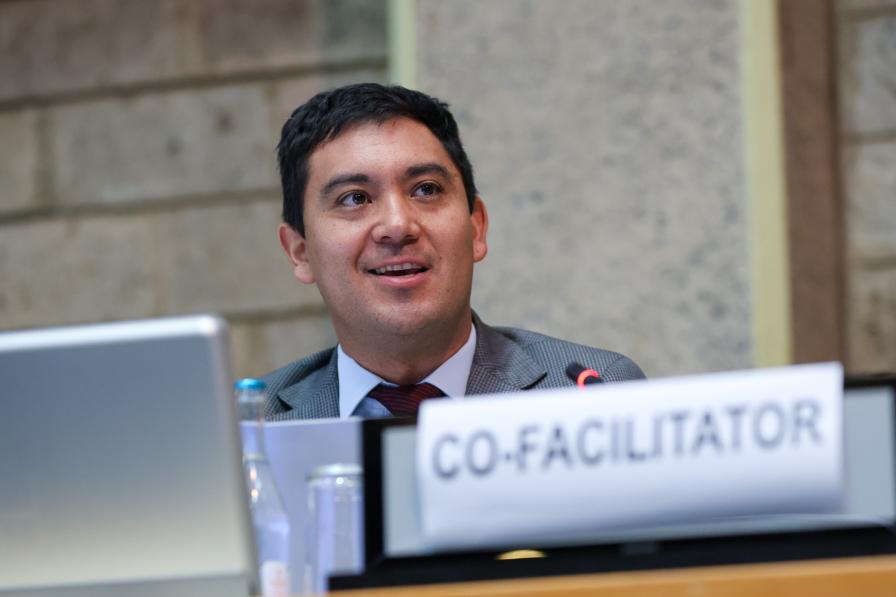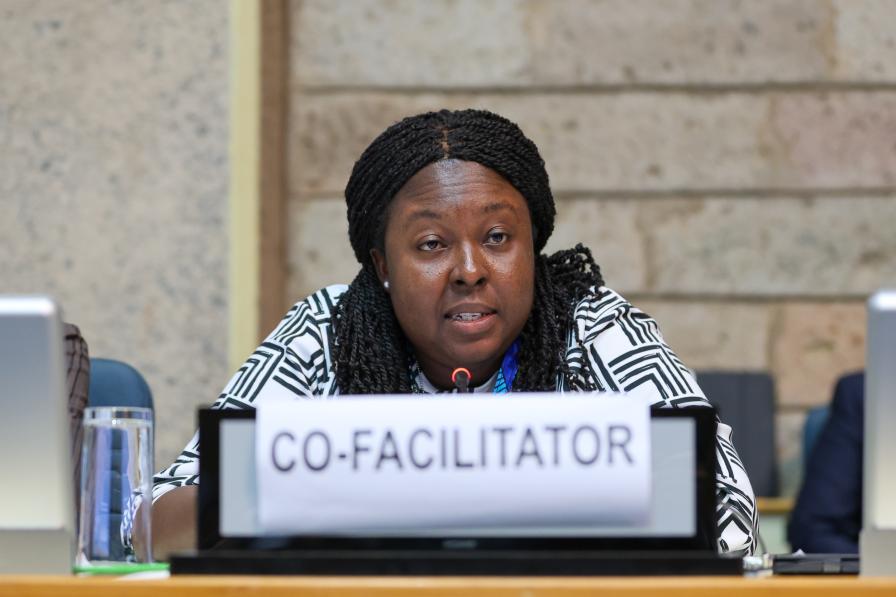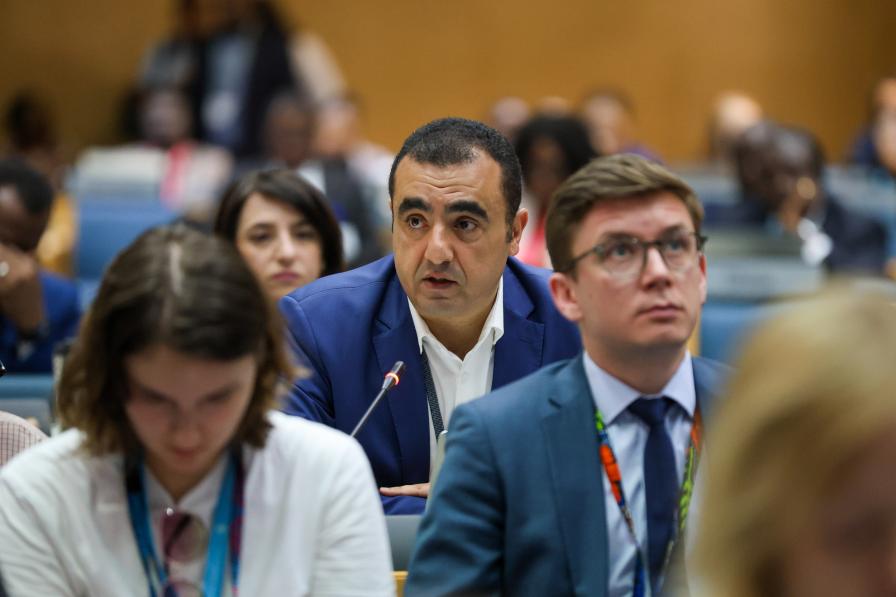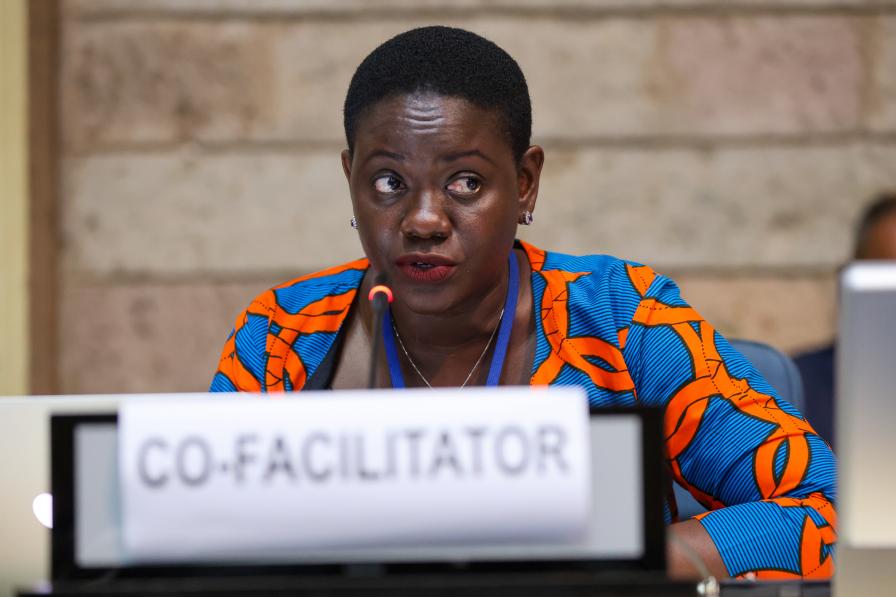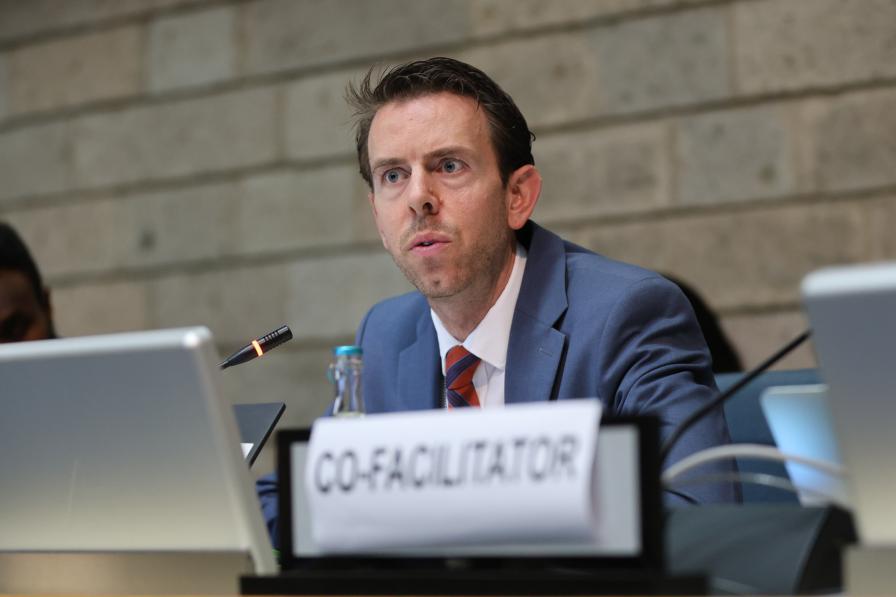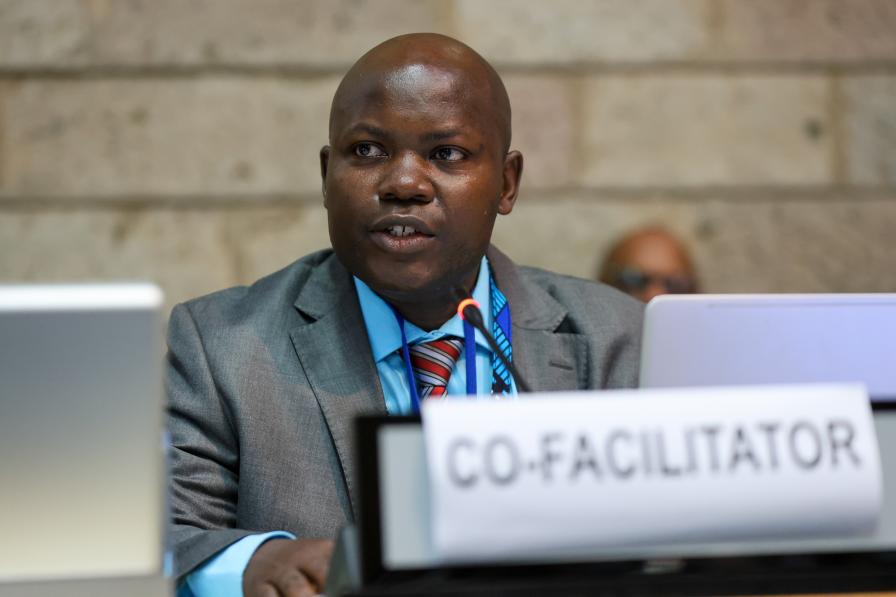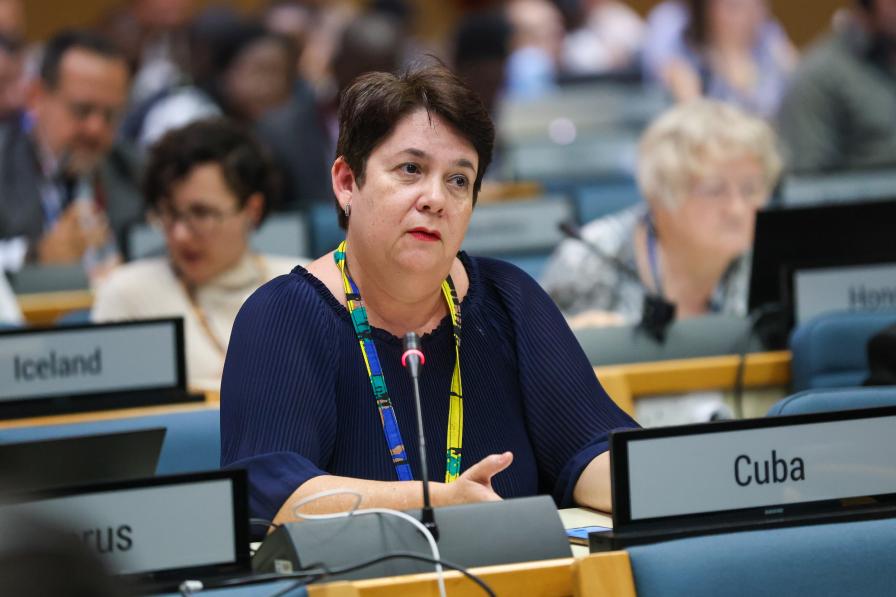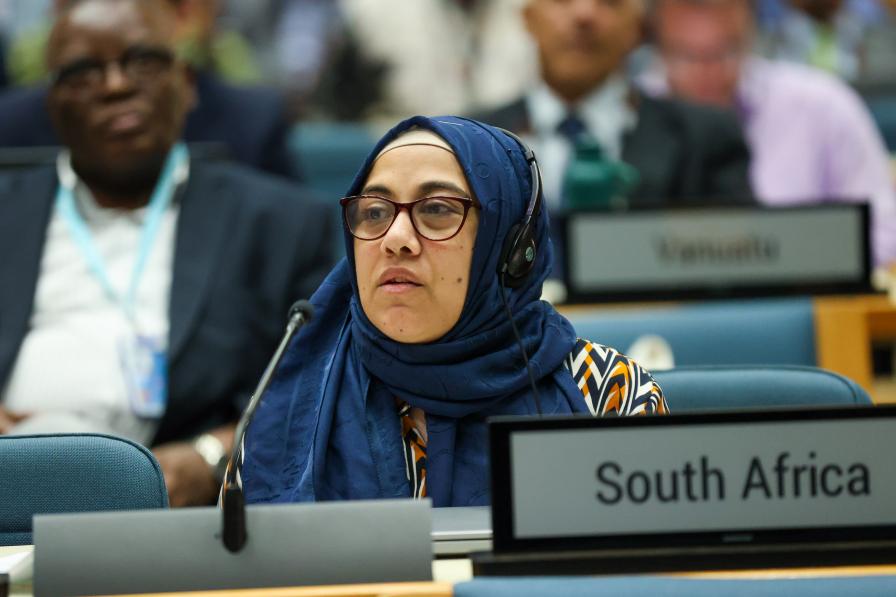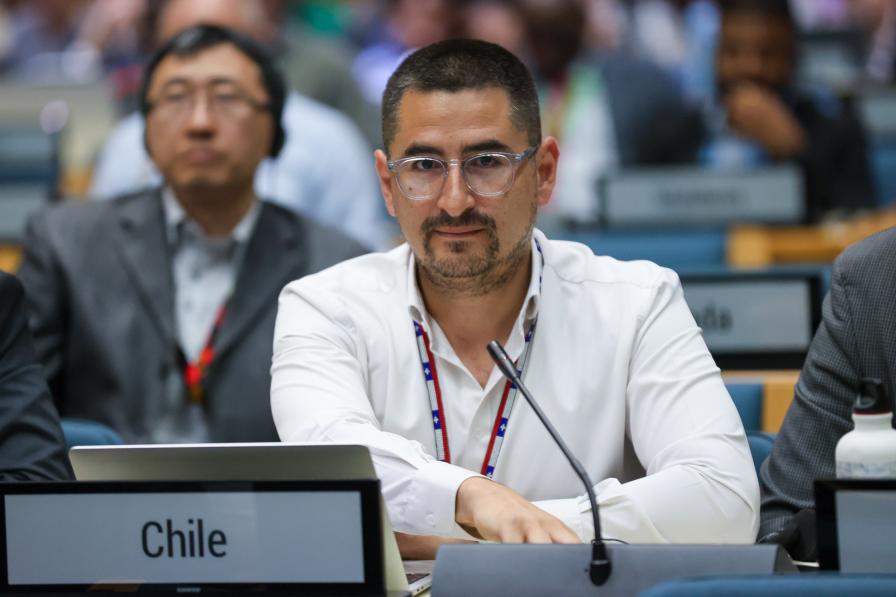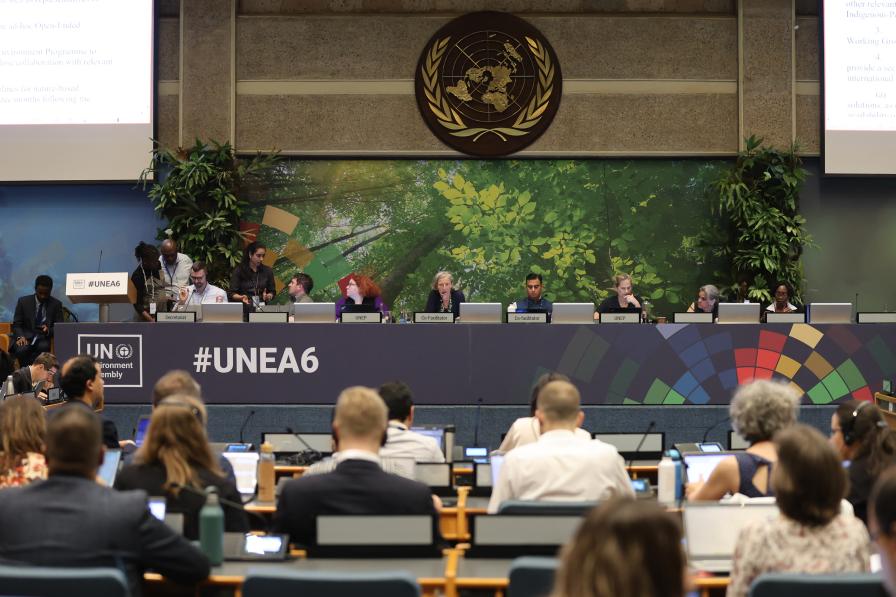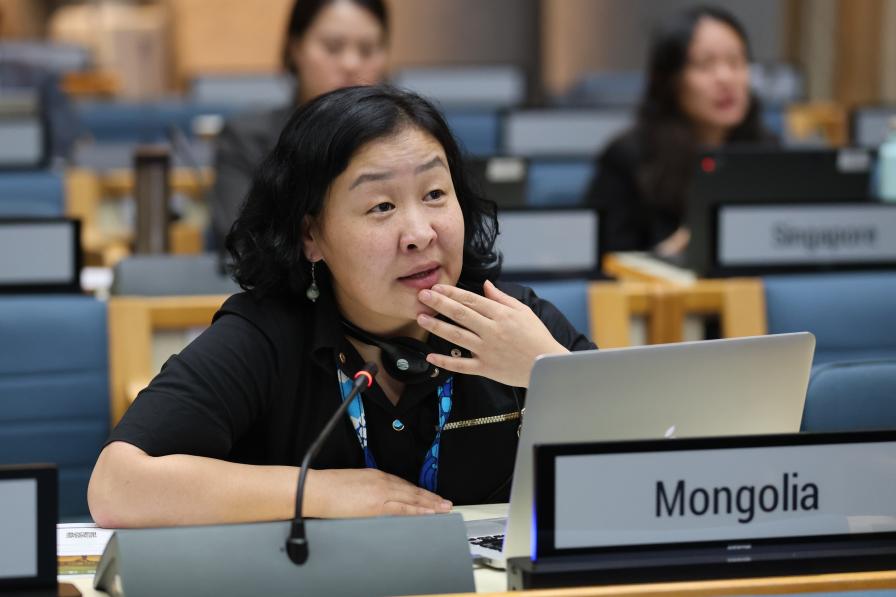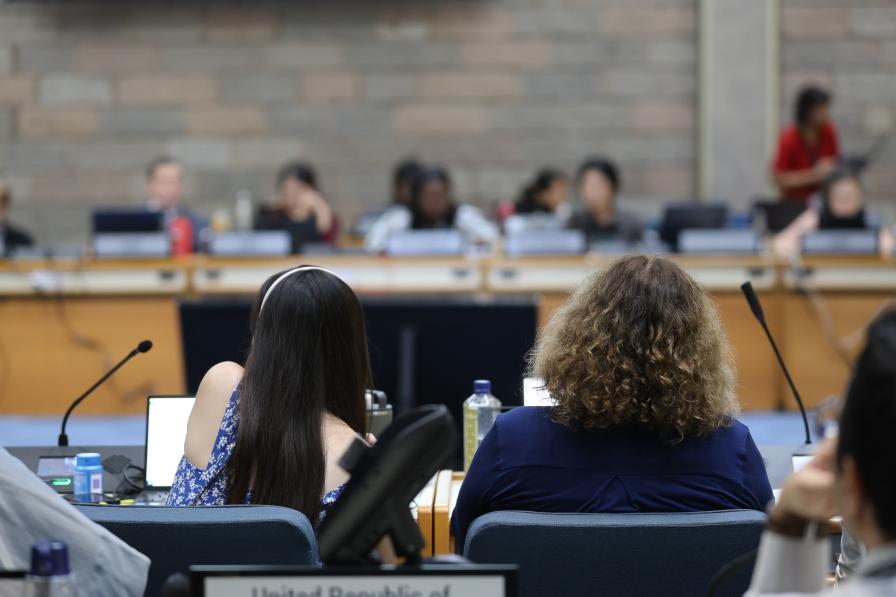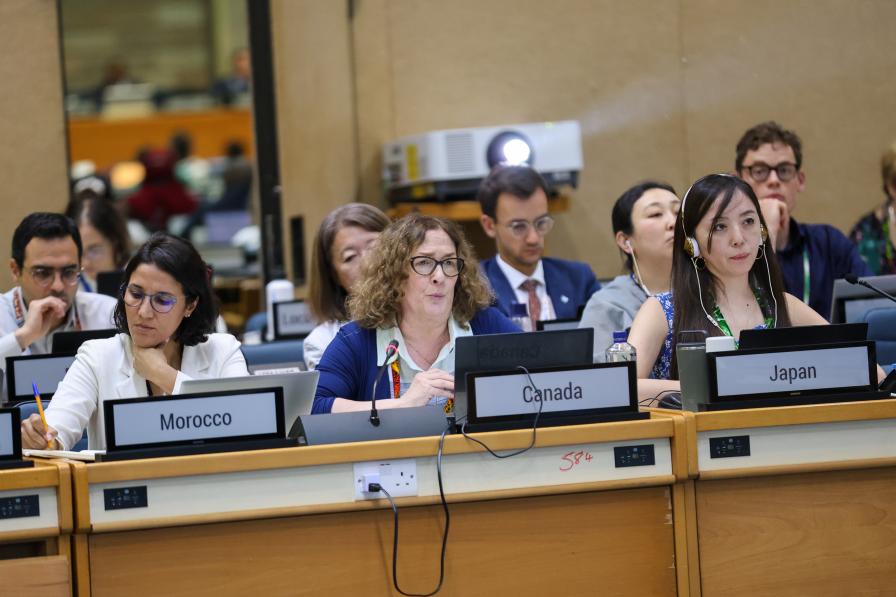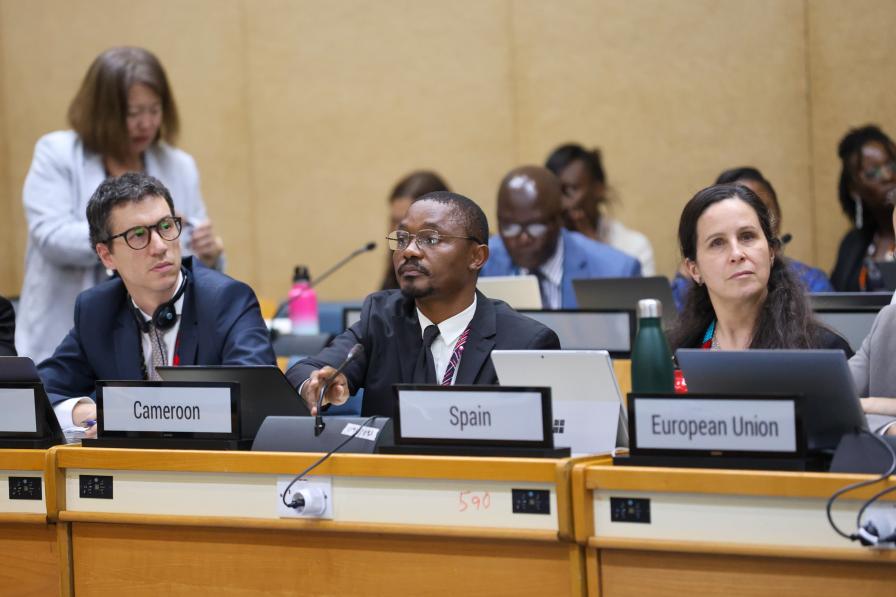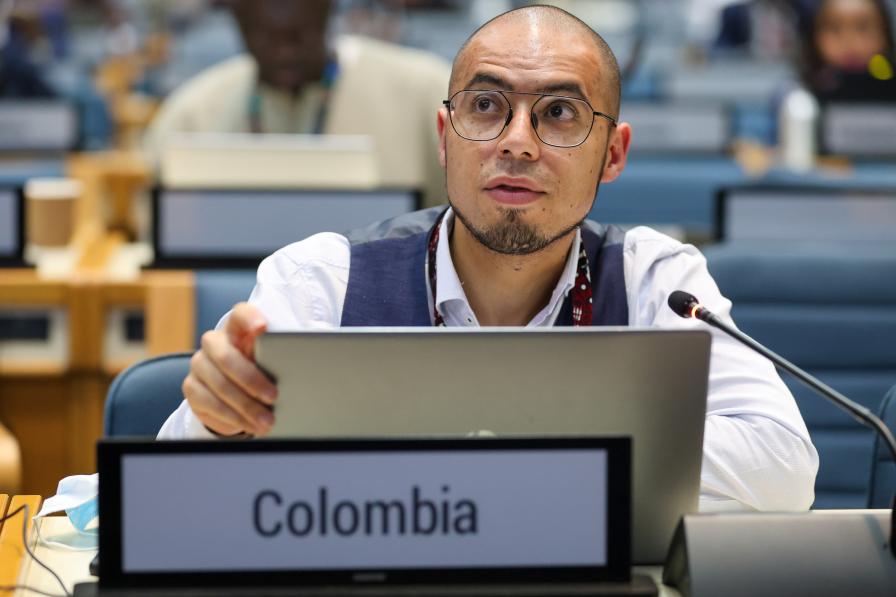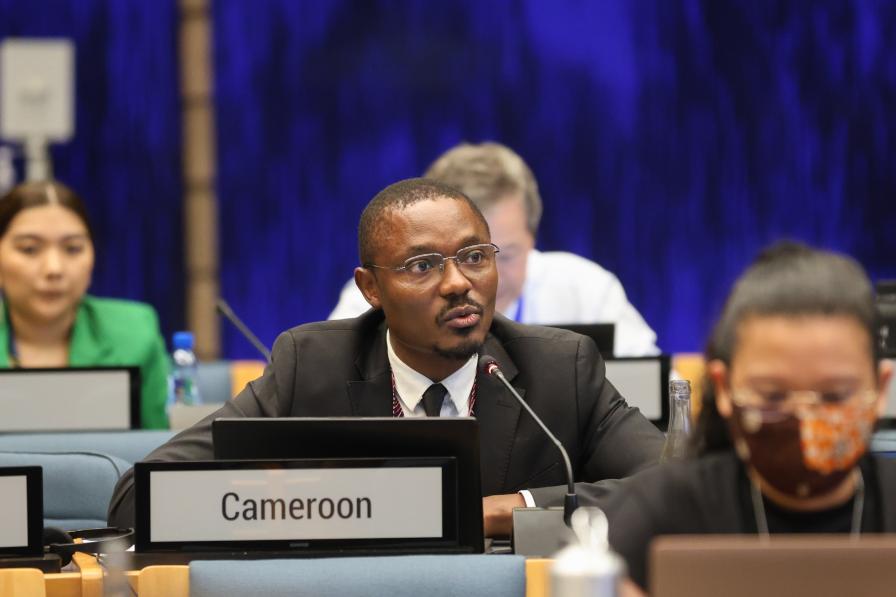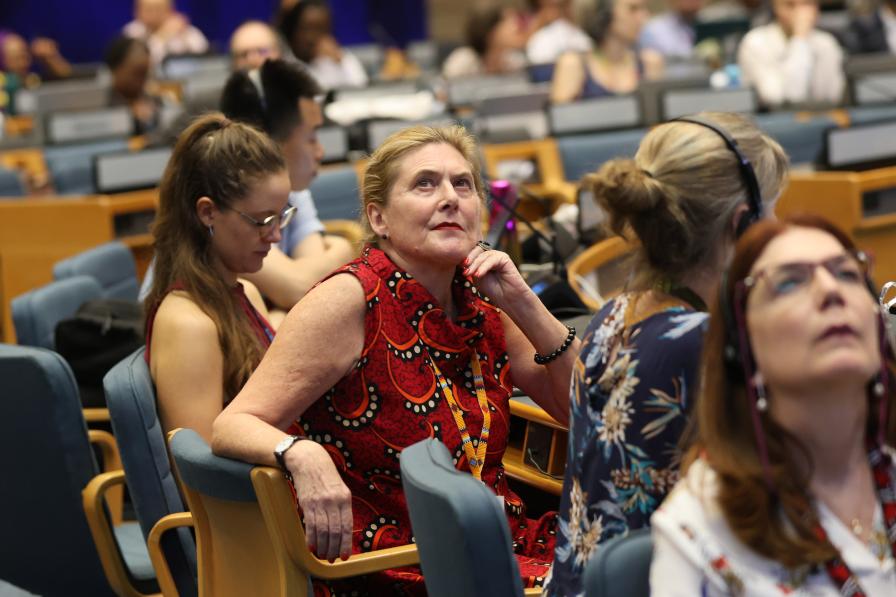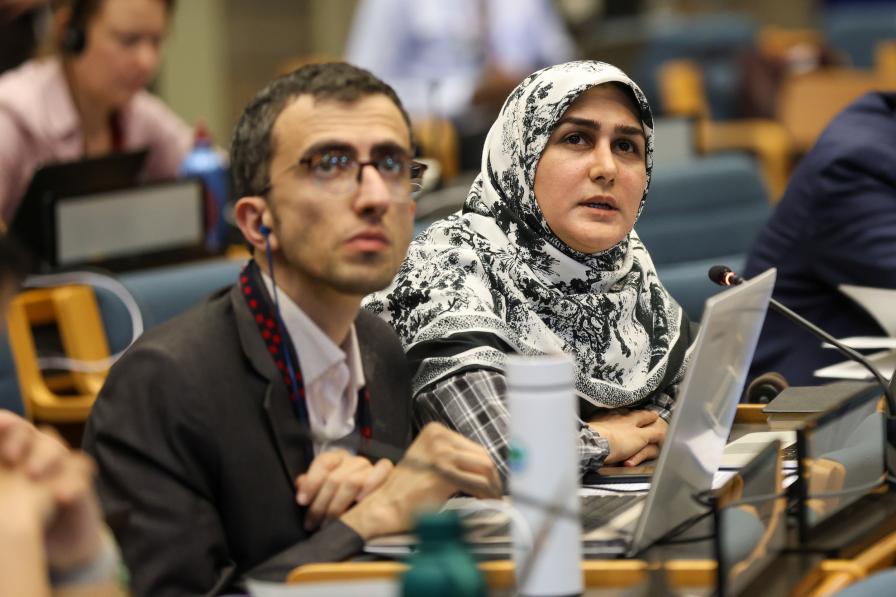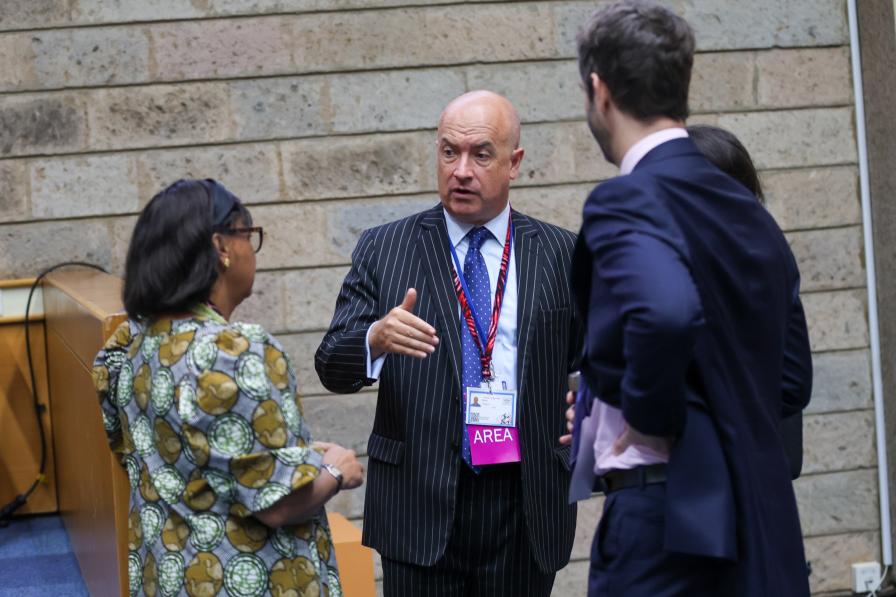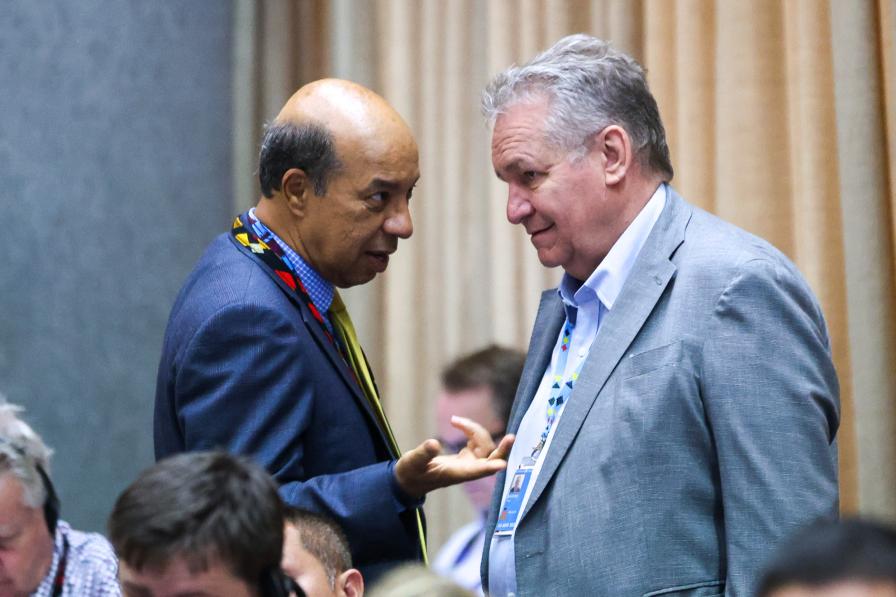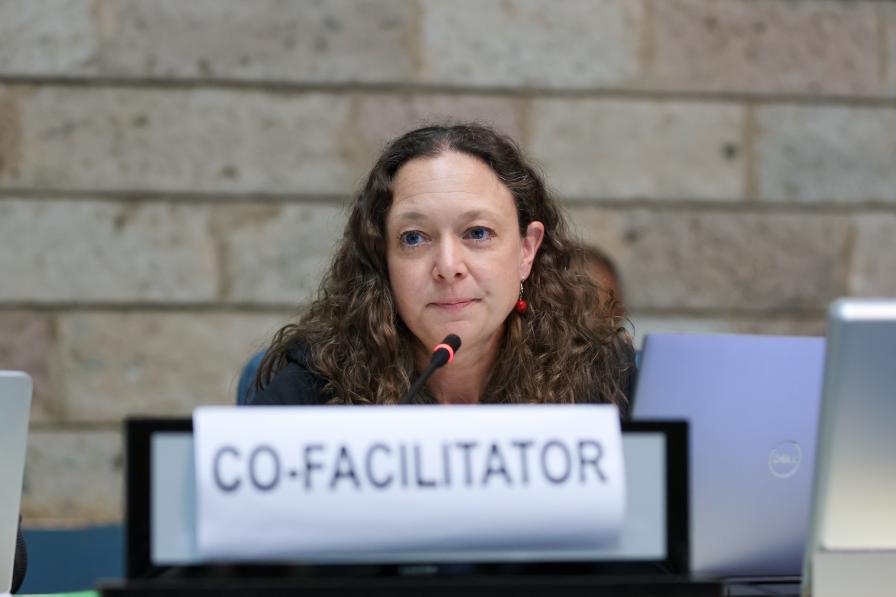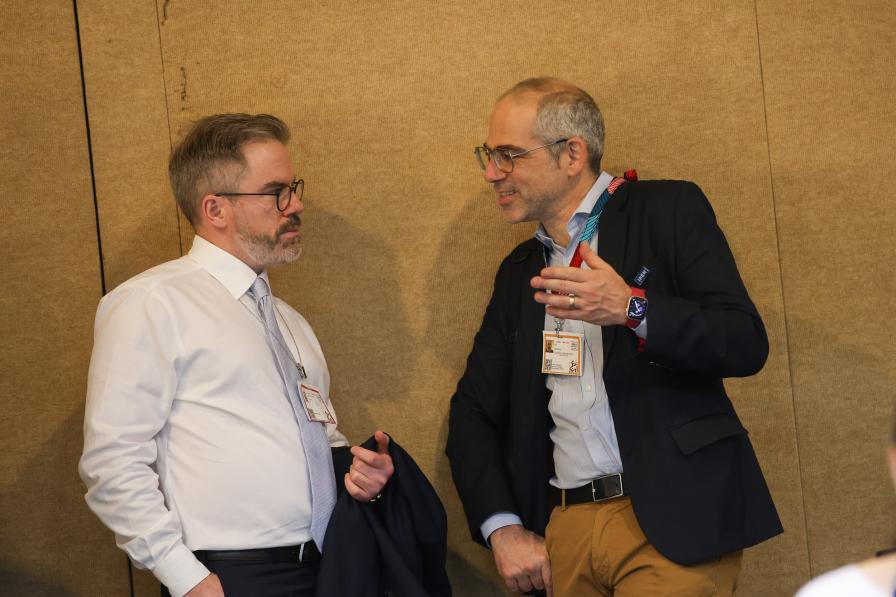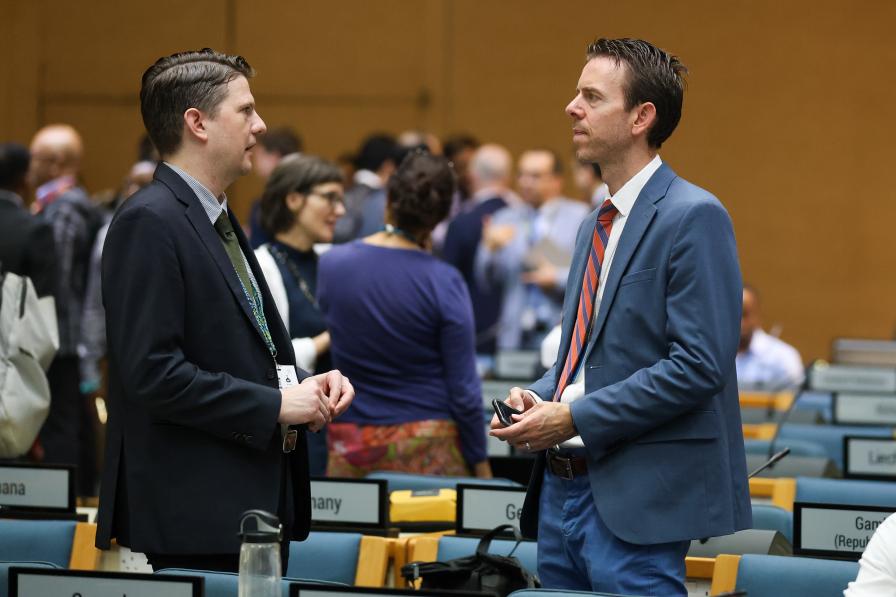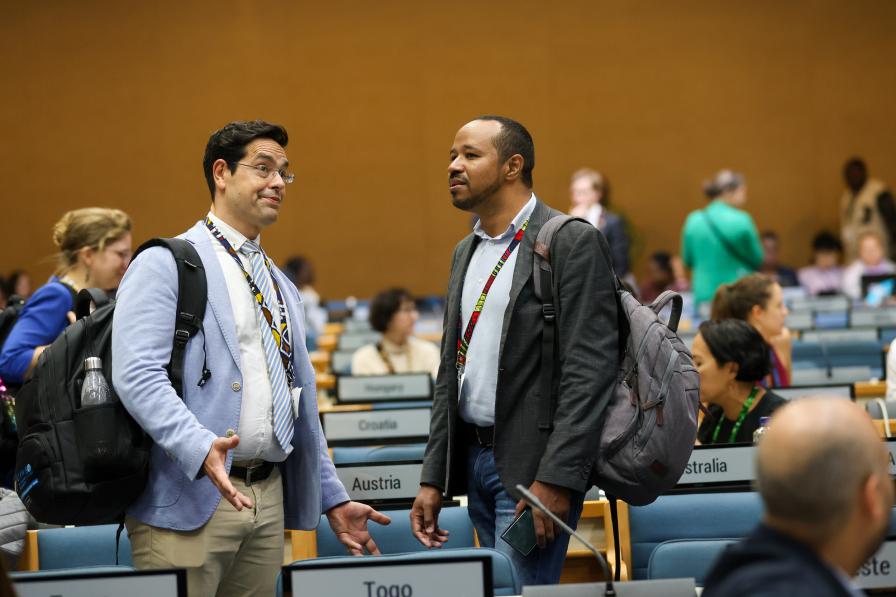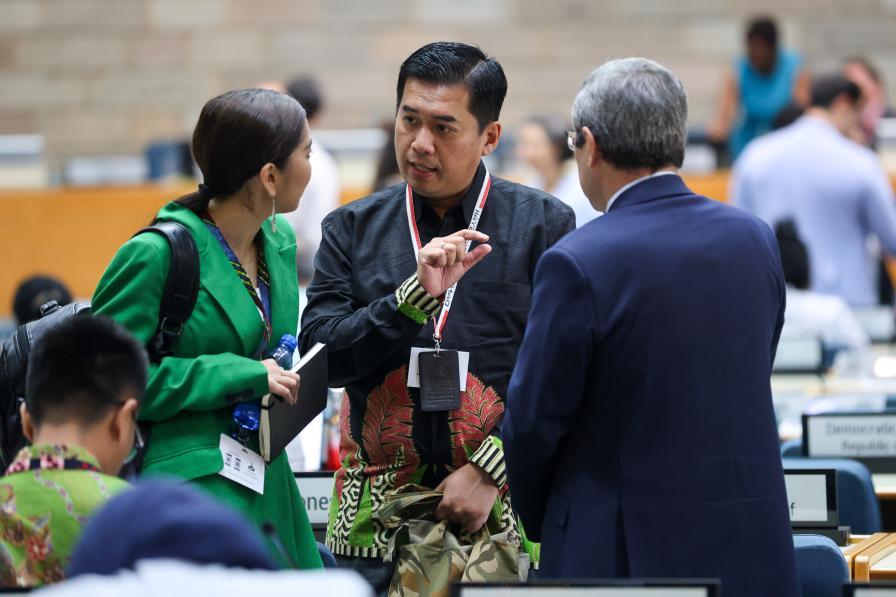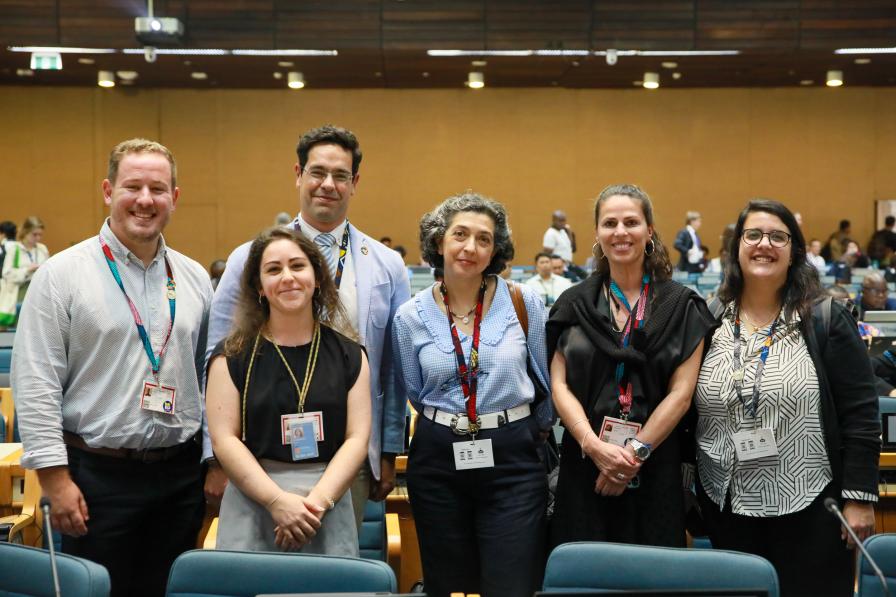After a stocktaking plenary in the morning, it became clear that progress is “slow but steady” – which is not surprising given the number, length, complexity, and overlap of the resolutions under review. Delegates were also caught off guard by the late submission of a quite ambitious resolution on Living Well and Mother Earth Centric Approaches – as many lamented, enough time should be allowed for deliberations of such “novel concepts” and several delegations urged the proponent to reconsider tabling the text at this session.
Want to dig deeper into today's talks? Read the full Earth Negotiations Bulletin daily report.
Following debate in plenary about the organization of work, the two Working Groups continued tackling the clusters assigned to them. When considering revised draft decisions the mode of work markedly shifted to focusing on operative paragraphs. While this gave a sense of some substantial progress, in reality, there remains a significant time pressure as the Open-ended Committee of Permanent Representatives (OECPR) is past the halfway mark and by Friday parties have to complete their work on the texts and forward them to the United Nations Environment Assembly (UNEA). This prompted delegates to work late into the night with a shortened lunch break, as each cluster had several resolutions to review.
While each cluster has its own specific issues, a common theme emerging across many resolutions is the growing complexity of the environmental governance landscape and the interconnectedness of instruments. For many proposed texts, delegates have to carefully consider ramifications on relevant multilateral environmental agreements (MEAs) and other UN processes. On some of these issues views are polarized. Where some Member States see useful complementarity, others notice redundancy and confusing overlap; while others warn of intrusion in the mandates of other independent UN bodies. This led to duplicative debates of related issues, for example on climate change and the United Nations Framework Convention on Climate Change (UNFCCC) mandate that some suggested should be parked and addressed in an overarching manner, rather than taking up time in a number of parallel negotiations this week.
To receive free coverage of global environmental events delivered to your inbox, subscribe to the ENB Update newsletter.
All ENB photos are free to use with attribution. For UNEA-6 and OECPR-6 please use: Photo by IISD/ENB - Mike Muzurakis

